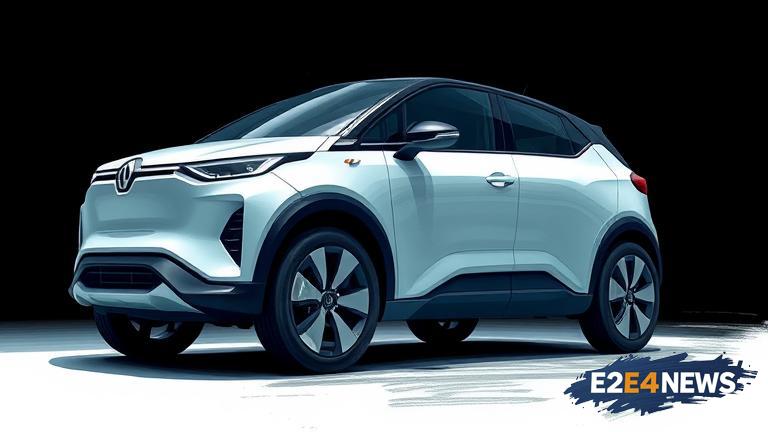The Indian government has announced a comprehensive plan to promote the adoption of electric vehicles (EVs) in the country. The plan includes a range of incentives and initiatives aimed at encouraging the use of EVs, reducing greenhouse gas emissions, and improving air quality. According to reports, the government plans to offer subsidies to EV manufacturers, as well as to consumers who purchase EVs. The subsidies are expected to be in the form of tax exemptions, rebates, and other incentives. Additionally, the government plans to invest in the development of EV charging infrastructure, including the installation of charging stations along highways and in urban areas. The plan also includes measures to promote the use of EVs in public transportation, such as buses and taxis. The government has set a target of having at least 30% of all new vehicle sales be electric by 2030. To achieve this goal, the government plans to work with state governments, industry stakeholders, and other organizations to create a supportive ecosystem for EVs. This will include the development of standards and regulations for EVs, as well as the creation of training programs for workers in the EV industry. The plan also includes measures to encourage the use of EVs in rural areas, where access to charging infrastructure may be limited. The government plans to work with private companies to develop innovative solutions for rural areas, such as mobile charging stations and battery swapping systems. Furthermore, the plan includes measures to promote the use of EVs in the commercial sector, such as taxis and ride-hailing services. The government plans to work with companies such as Ola and Uber to encourage the use of EVs in their fleets. The plan also includes measures to encourage the development of EV manufacturing in India, including the creation of special economic zones (SEZs) for EV manufacturers. The government plans to offer a range of incentives to companies that set up EV manufacturing facilities in these SEZs, including tax exemptions, subsidies, and other benefits. Overall, the plan is expected to have a significant impact on the environment, as well as on the Indian economy. The adoption of EVs is expected to reduce greenhouse gas emissions, improve air quality, and create new job opportunities in the EV industry. The plan is also expected to attract significant investment in the EV sector, which could help to drive economic growth and development. However, the plan also faces several challenges, including the need for significant investment in charging infrastructure, as well as the need for greater awareness and education about the benefits of EVs. Despite these challenges, the government is confident that the plan will be successful, and that India will become a leader in the global EV market. The plan is part of a broader effort by the Indian government to reduce its dependence on fossil fuels and to promote the use of renewable energy. The government has set a target of generating 40% of its electricity from non-fossil fuels by 2030, and is working to promote the use of solar and wind power, as well as other forms of renewable energy. The adoption of EVs is seen as a key part of this effort, as it will help to reduce greenhouse gas emissions and improve air quality. In addition to the environmental benefits, the plan is also expected to have significant economic benefits, including the creation of new job opportunities and the attraction of investment in the EV sector. The plan is expected to be implemented over the next several years, with the goal of achieving the target of 30% of new vehicle sales being electric by 2030. The government will work with a range of stakeholders, including state governments, industry stakeholders, and other organizations, to implement the plan and achieve its goals. Overall, the plan is an ambitious effort to promote the adoption of EVs in India, and is expected to have a significant impact on the environment and the economy.
